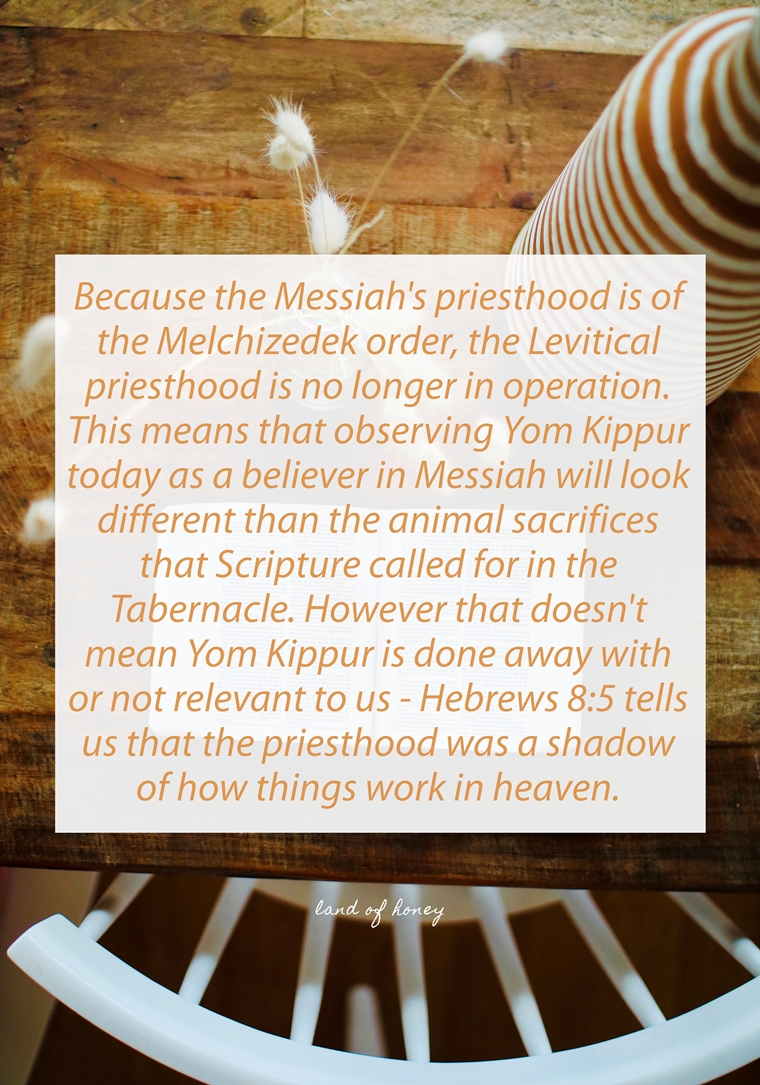What did the Messiah say about the Sabbath? The Sabbath day holds a significant place in Judeo-Christian tradition. It symbolizes rest and spiritual renewal, and is mentioned well over 150 times in the Bible. This post takes a look at the words and teachings of Jesus about the Sabbath, examining his perspective on Sabbath rest, healing, and Biblical law. We will take a look at his words in the New Testament, and explore what that means for believers today.
Many people say that the Sabbath day is insignificant because it 'doesn't come up much,' in the New Testament, but that is not the case. If we remember that the Old Testament is three to four times the size of the New Testament, then it's actually the New Testament that brings it up more frequently! Jesus himself talks about the Sabbath at least 10 times, and it is mentioned about 50 times just in the Gospels.
The Messiah's words on the Sabbath:
"The son of man is master of the Sabbath." -Luke 6:5, Mark 2:28
Here the Messiah establishes that he has a deep relationship with the Sabbath, because you can only be master of something that matters to you. Sometimes people take this to mean he rules over the Sabbath, and therefore it's obsolete, but a good King does not do away with his kingdom. Rather, he rules over it with justice. So when Jesus says this, he's calling attention to the fact that he is the one who decides what is and is not appropriate Sabbath behavior. He does this because religious leaders at the time had added on all sorts of rules about what you couldn't do on the Sabbath. He's saying that we can get our Sabbath laws from him, and not abide by the traditions we grew up with.
"It is lawful to do good deeds on the Sabbath." -Matthew 12:12
Here's Jesus once again explaining what is actually permissible to do on the Sabbath, because at the time the religious leaders had placed significant restrictions on Sabbath keeping. The Bible's directions for keeping the Sabbath are focused on resting, not working, and worshipping YHWH. Nowhere in the Bible does it give nitpicky rules about the Sabbath, and it certainly never says that we can't help people or creation on this day.
"Sabbath was made for mankind." -Mark 2:27
The Messiah taught that Sabbath was made for us. It was created to be a gift to mankind. Because a day of rest is the gift that the world desperately needs right now. This passage of Scripture demonstrates that Jesus didn't intend for this to go away so that we could just be 'free' to work all the time. He's reminding us that it's a good thing to have the freedom to rest each and every week.
What Jesus said about healing on the Sabbath:
"Which is lawful on the Sabbath: to do good or to do evil, to save life or to kill?" -Mark 3:4, Luke 6:9
"Shouldn't this daughter of Abraham, whom Satan has kept bound for eighteen long years, be set free on the Sabbath day?" -Luke 13:16
"Why are you angry with me for healing a man on the Sabbath?" -John 7:23
"If any of you has a sheep that falls into a pit on the Sabbath, will you not take hold of it and lift it out?" -Matthew 12:11, Luke 14:5
"If a boy can be circumcised on the Sabbath, so that the law of Moses is not broken, why are you angry with me for healing a man's whole body on the Sabbath?" -John 7:23
Healing on the Sabbath was a major debate in Jesus's day. The Messiah frequently healed people on the Sabbath, which greatly offended the Pharisees and other religious leaders of that time. The Pharisees went as far to say that Jesus wasn't a Sabbath keeper and not from God because he did so. In fact, this was one of the main reasons they plotted to kill him (John 5:18). This was simply because they had decided it wasn't lawful to heal on the Sabbath. This is not a directive of Scripture. So when the Messiah healed on Shabbat, it was a violation of manmade religious law, not Biblical commandments.
One of the key takeaways we have from this ongoing debate in the New Testament is that Jesus approved of stripping away tradition and religious customs in favor of what the word of God says.
It's also noteworthy that he did a huge amount of healings on the Sabbath. This speaks to the simple truth that Sabbath is healing. It also demonstrates that God is not legalistic. Many people have the impression that YHWH would rather have people suffer than to have a healing happen on the Sabbath, and that is absolutely false! The Messiah often railed against the religious leaders for lacking mercy and compassion, and he purposefully healed on the Sabbath to show that God's nature is that he cares for people and wants them healed.
Related posts:
Did Jesus Break the Sabbath? The Meaning of John 5:18
What Jesus Said about Biblical Law
Five Things the Messiah Taught about the Sabbath
.JPG)
.JPG)
.JPG)
.JPG)
.JPG)
.JPG)
.JPG)
.JPG)
























05.jpg)
22.jpg)
4.jpg)
2.jpg)





